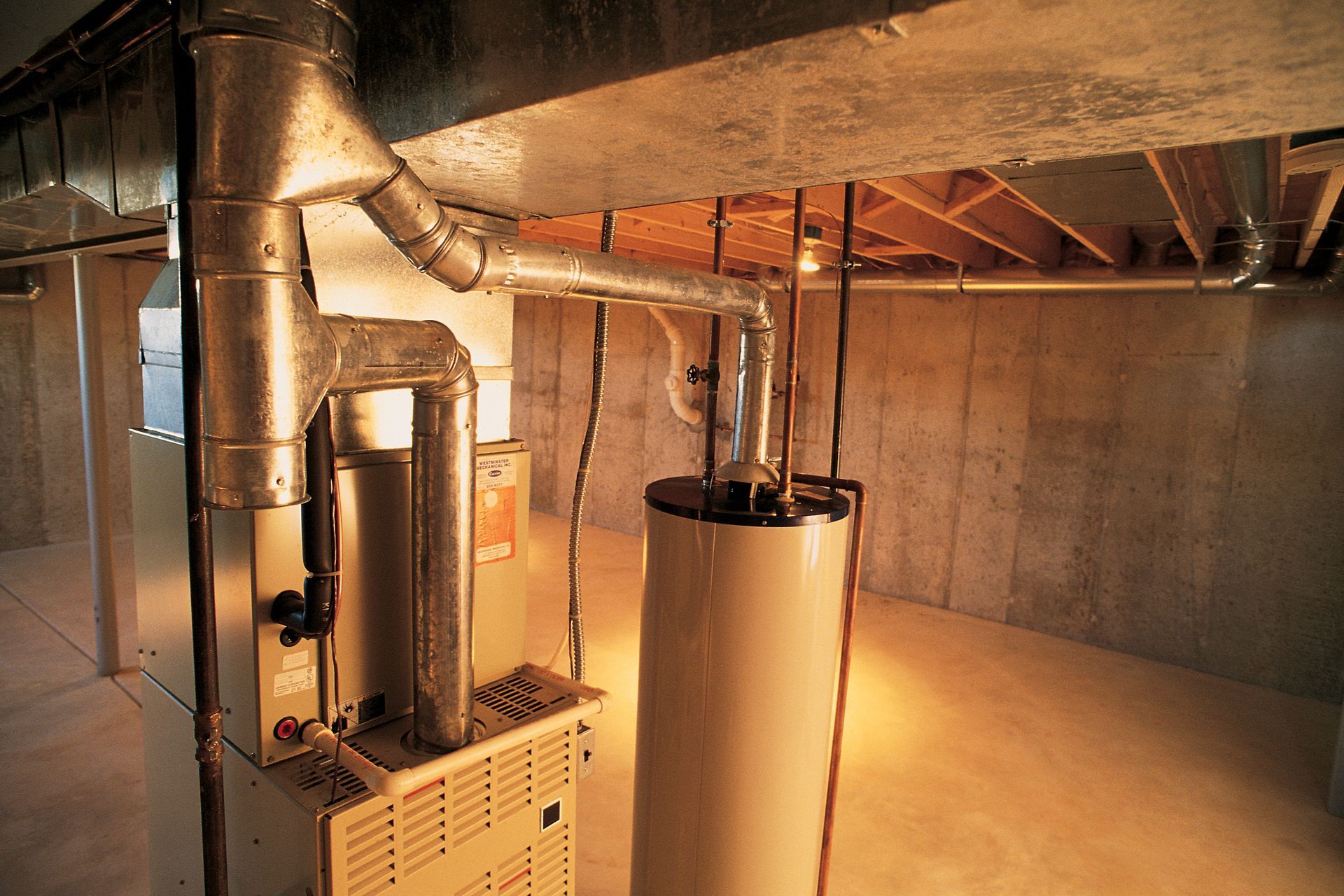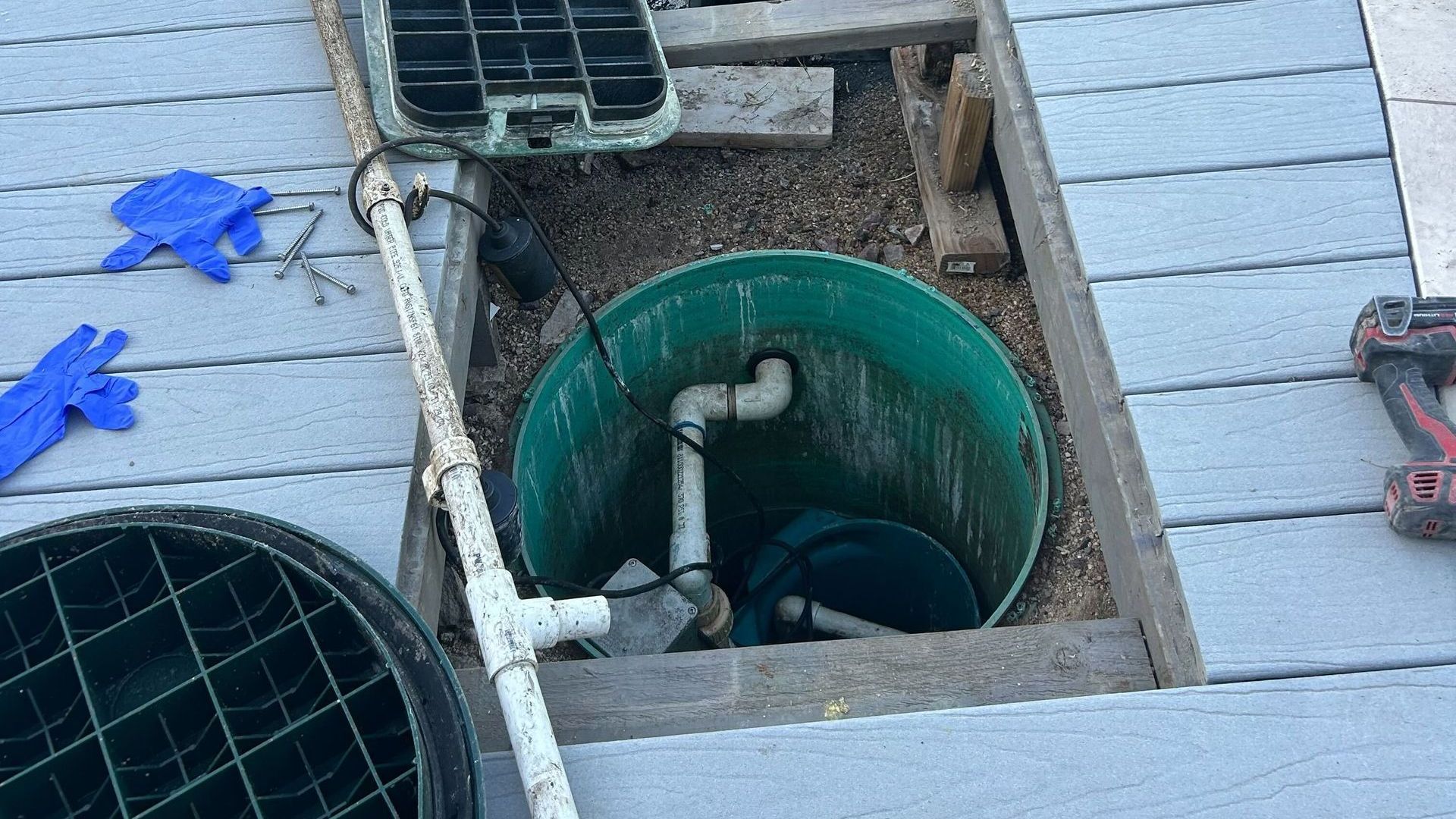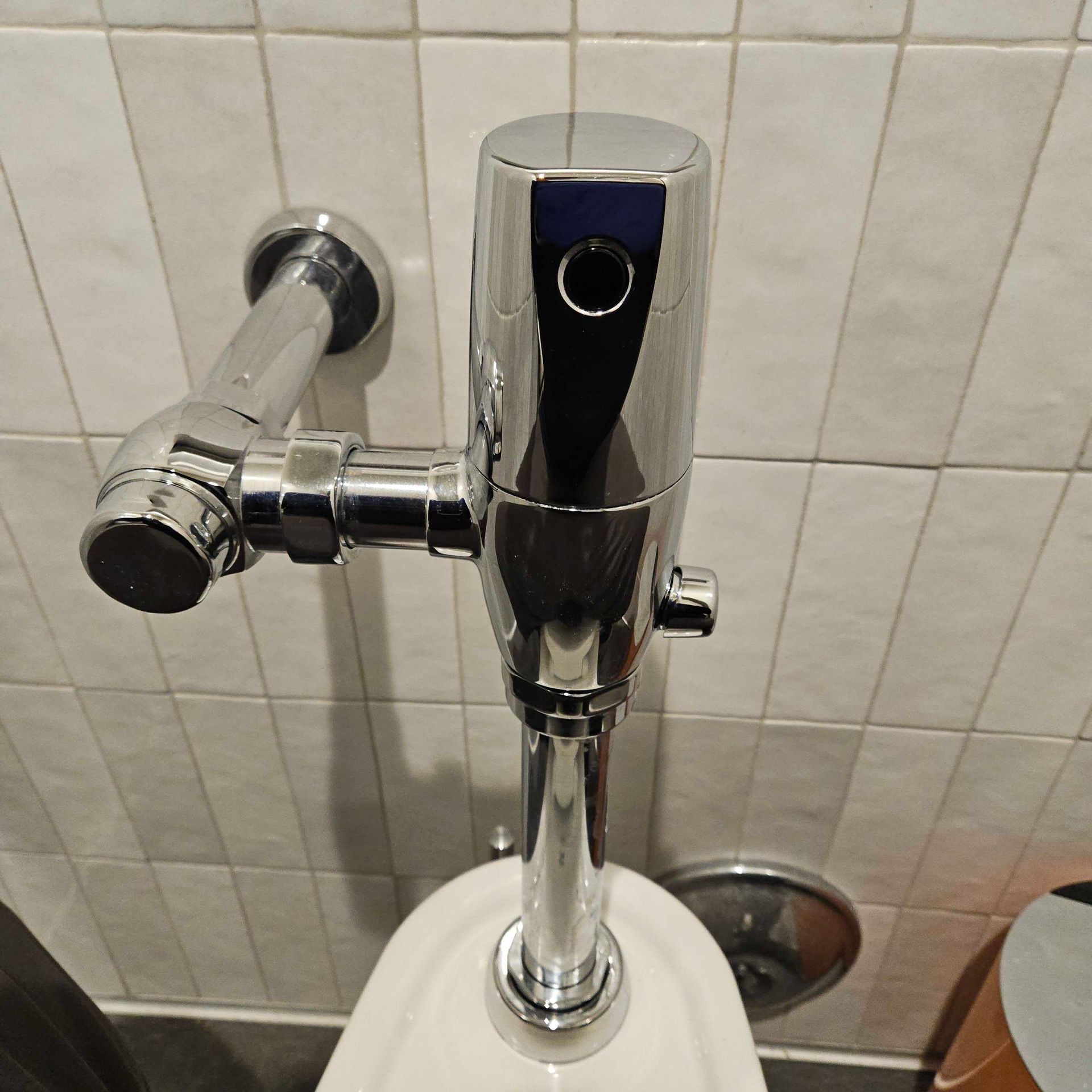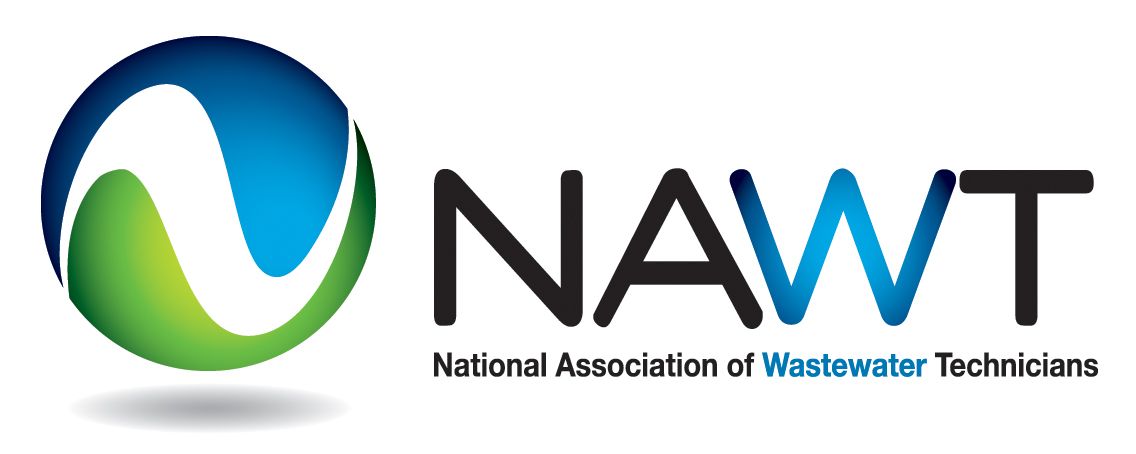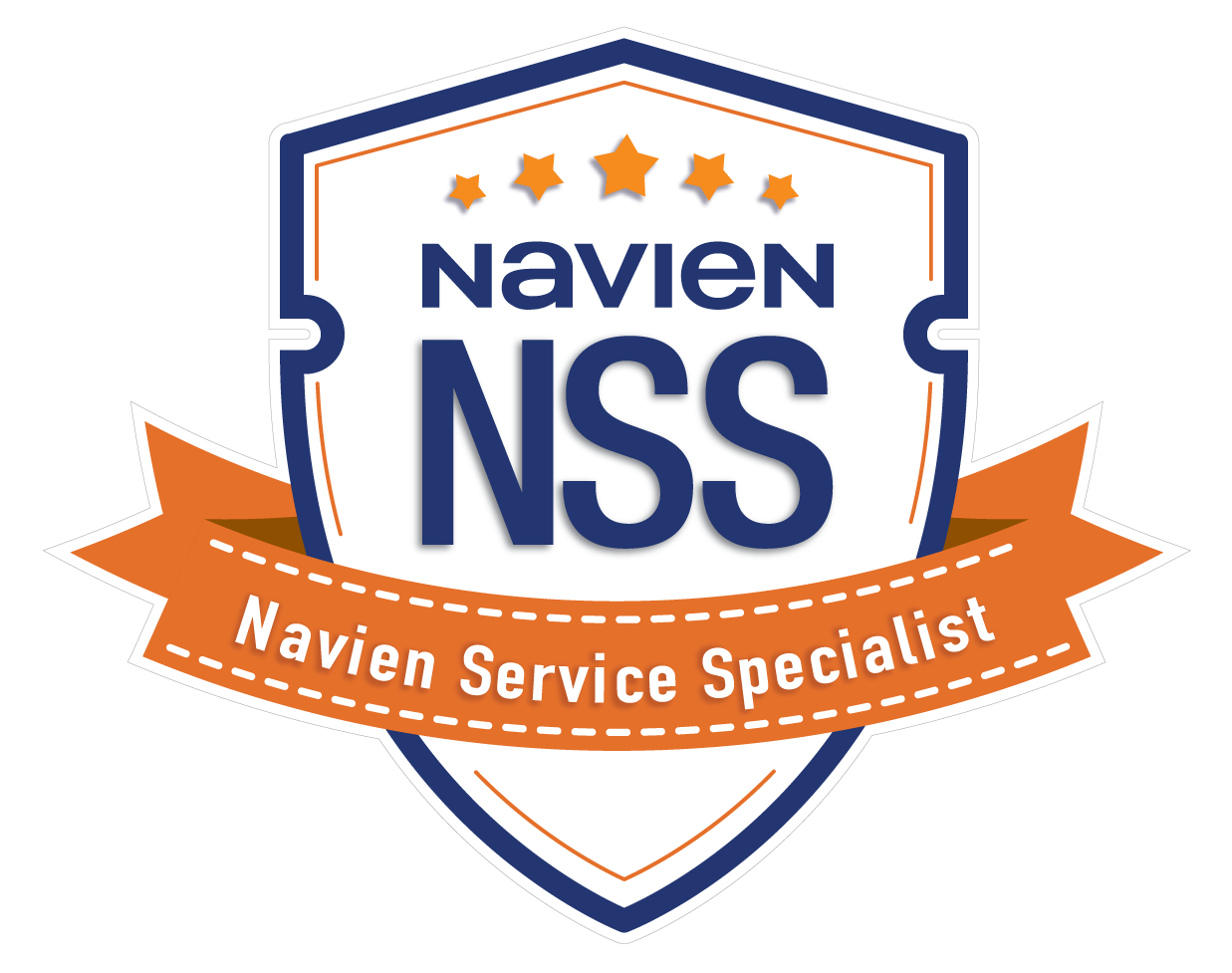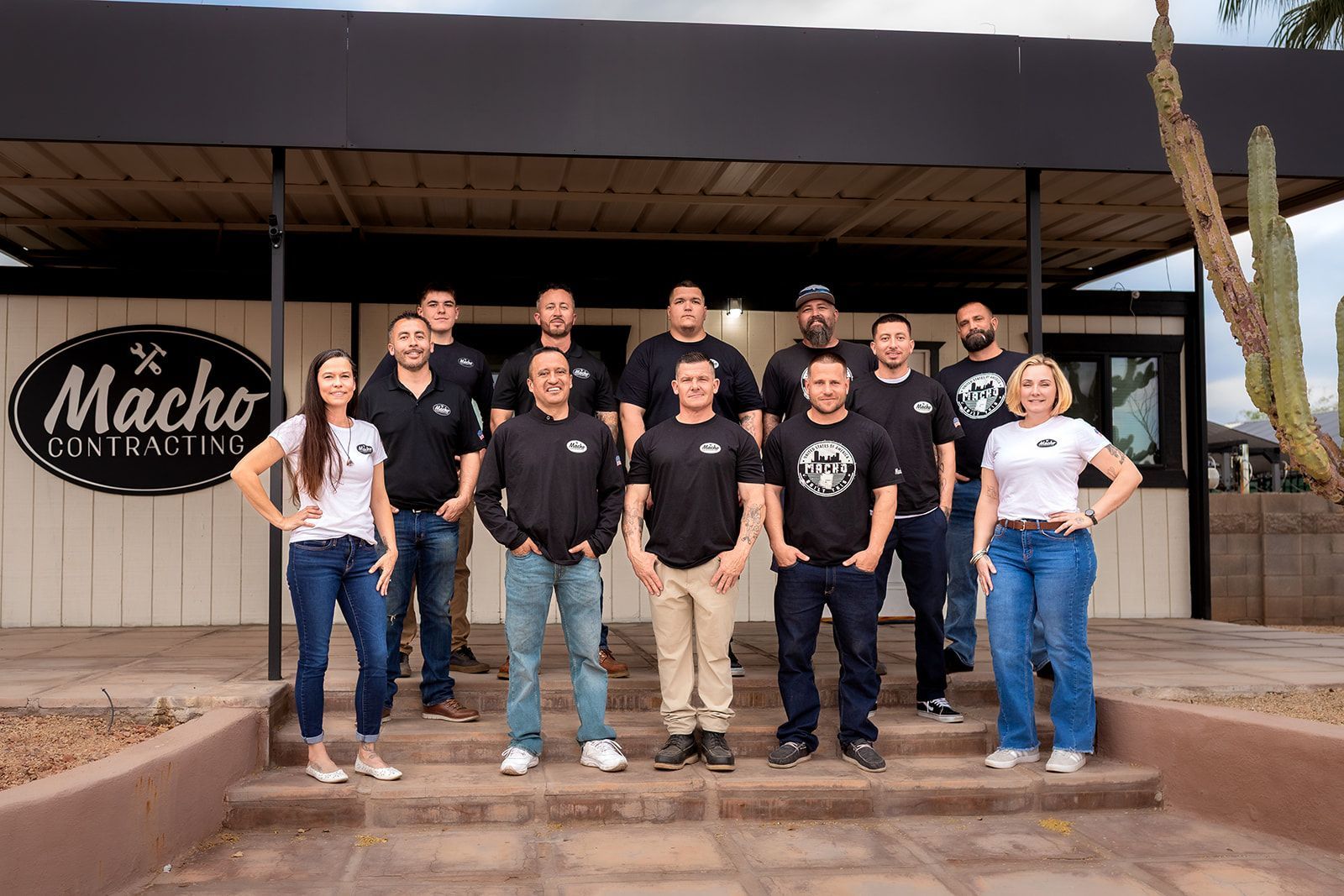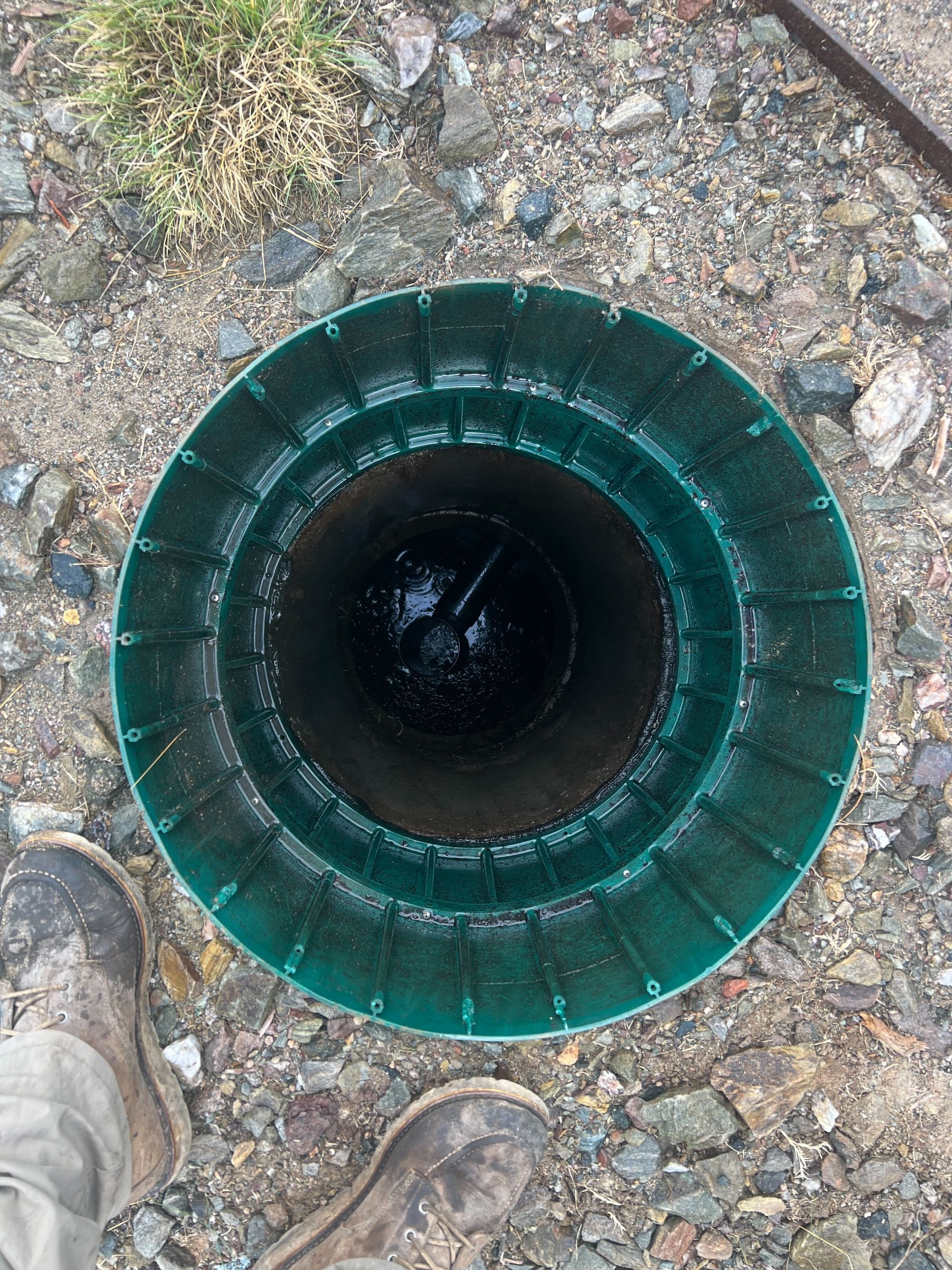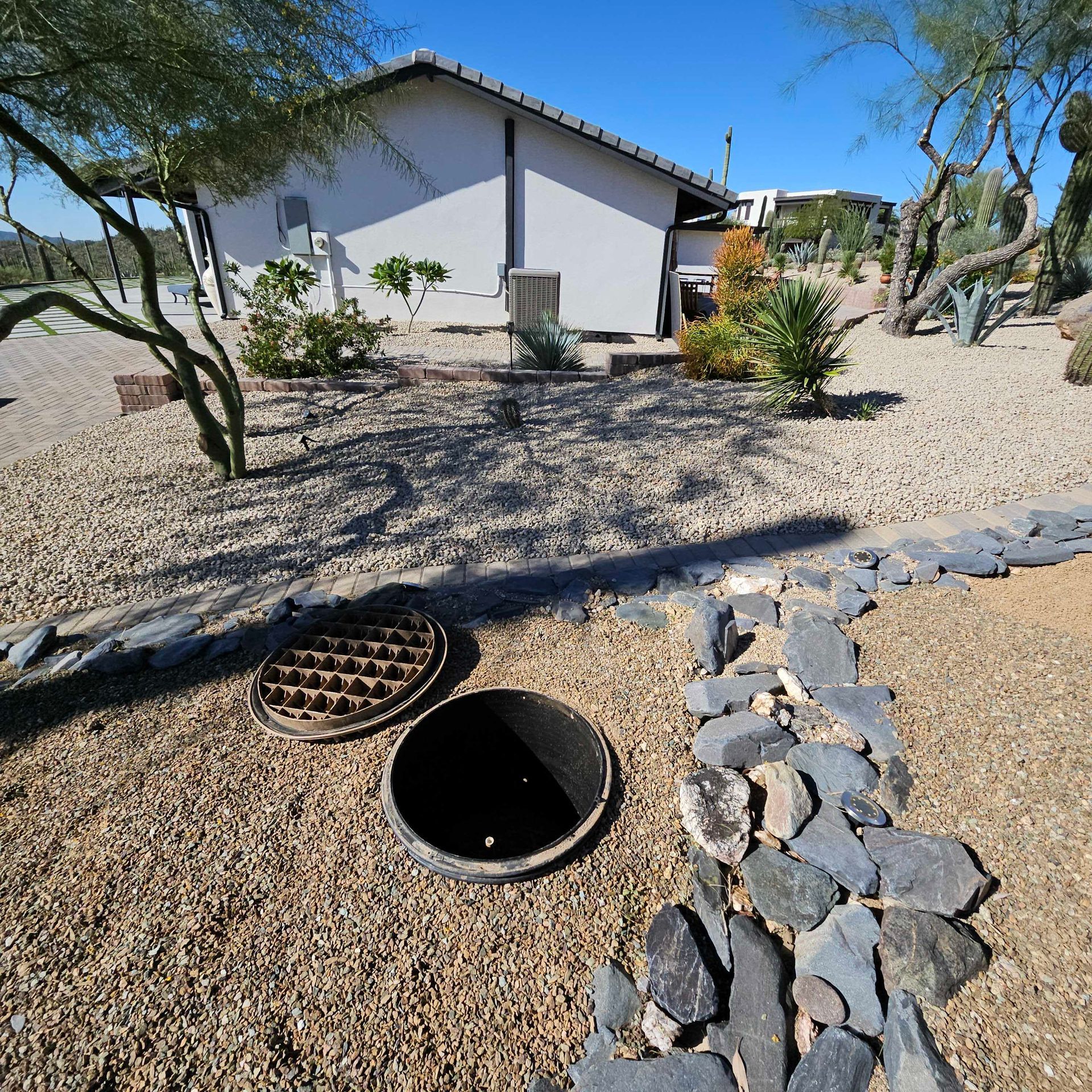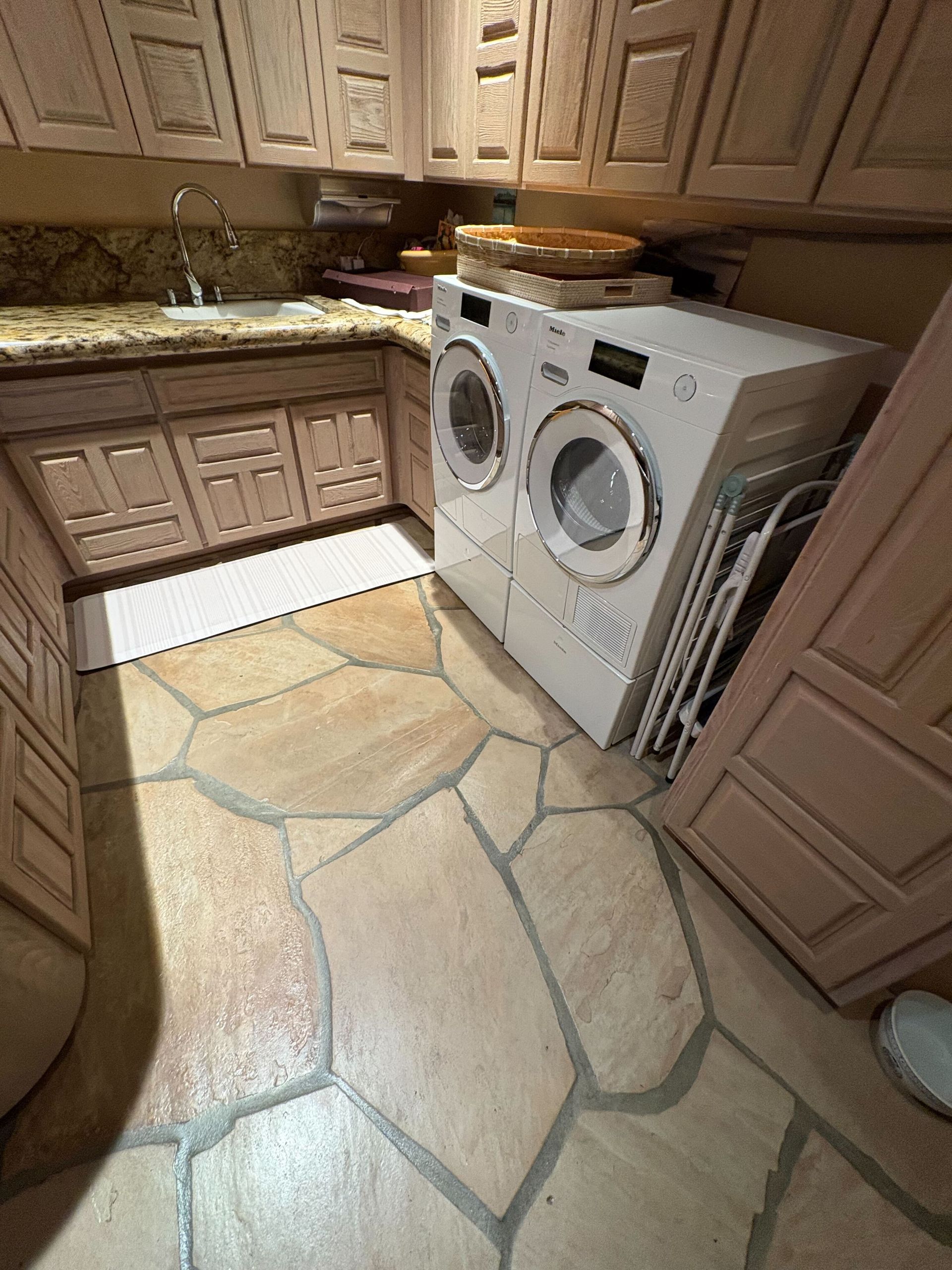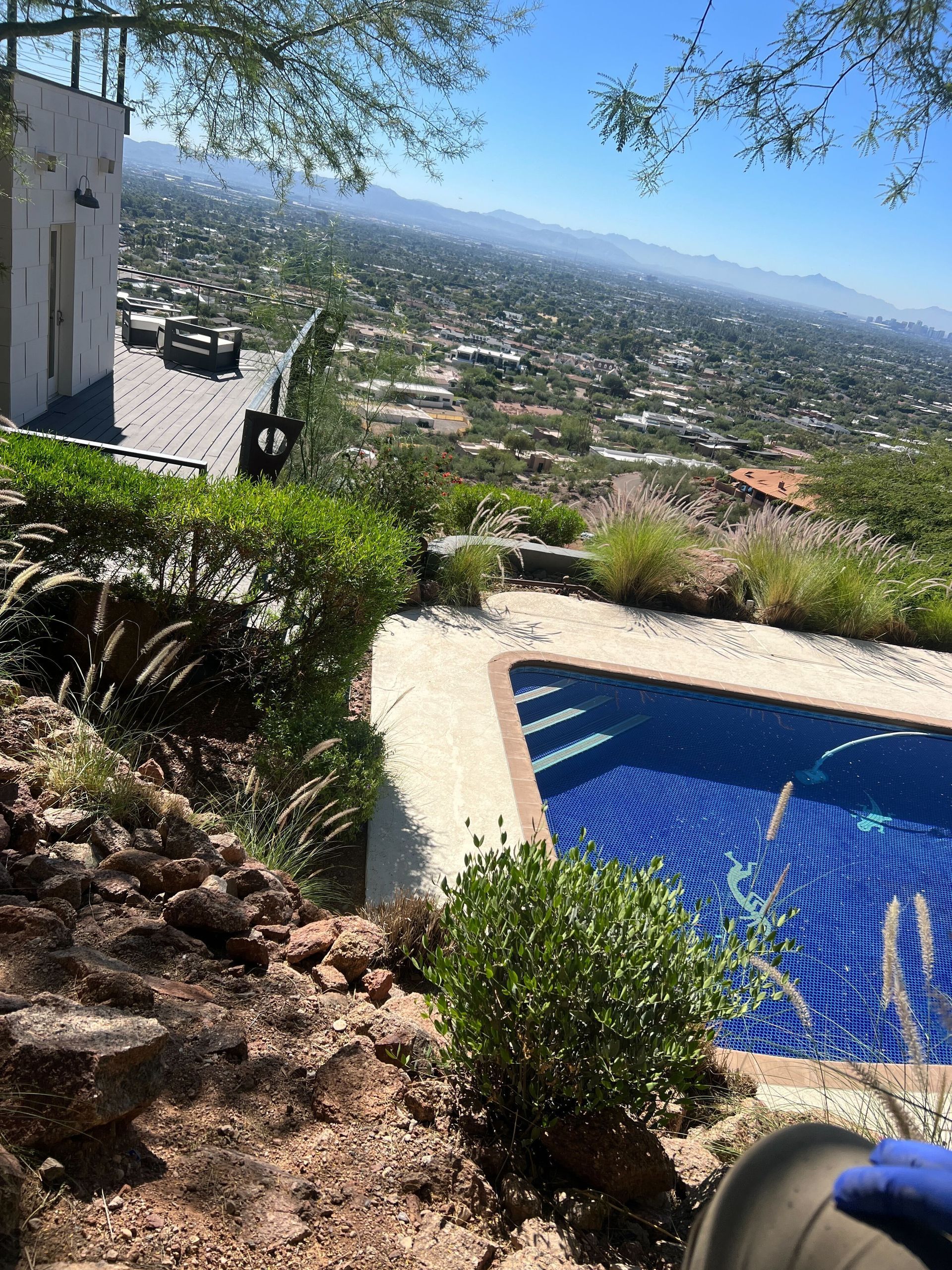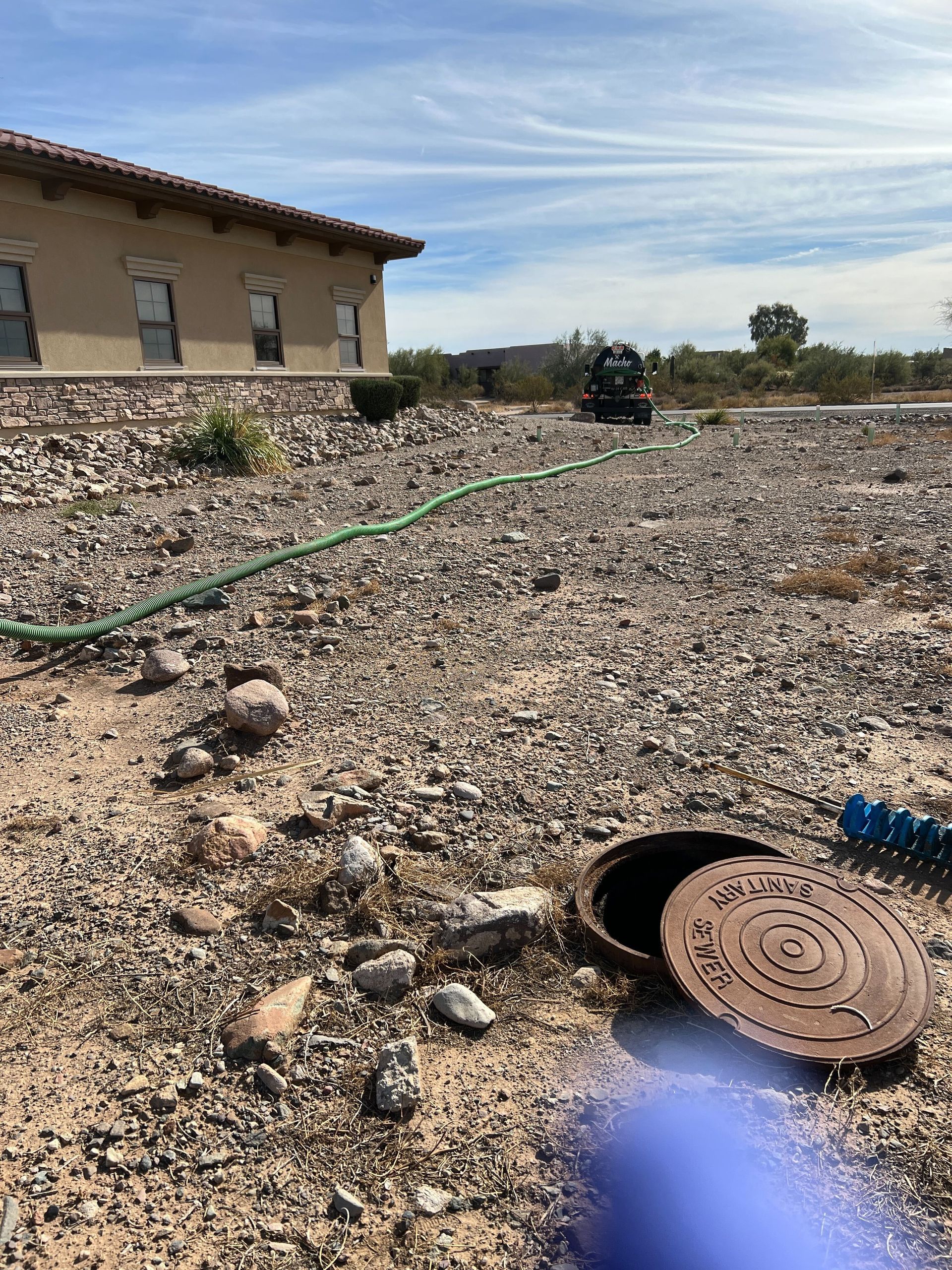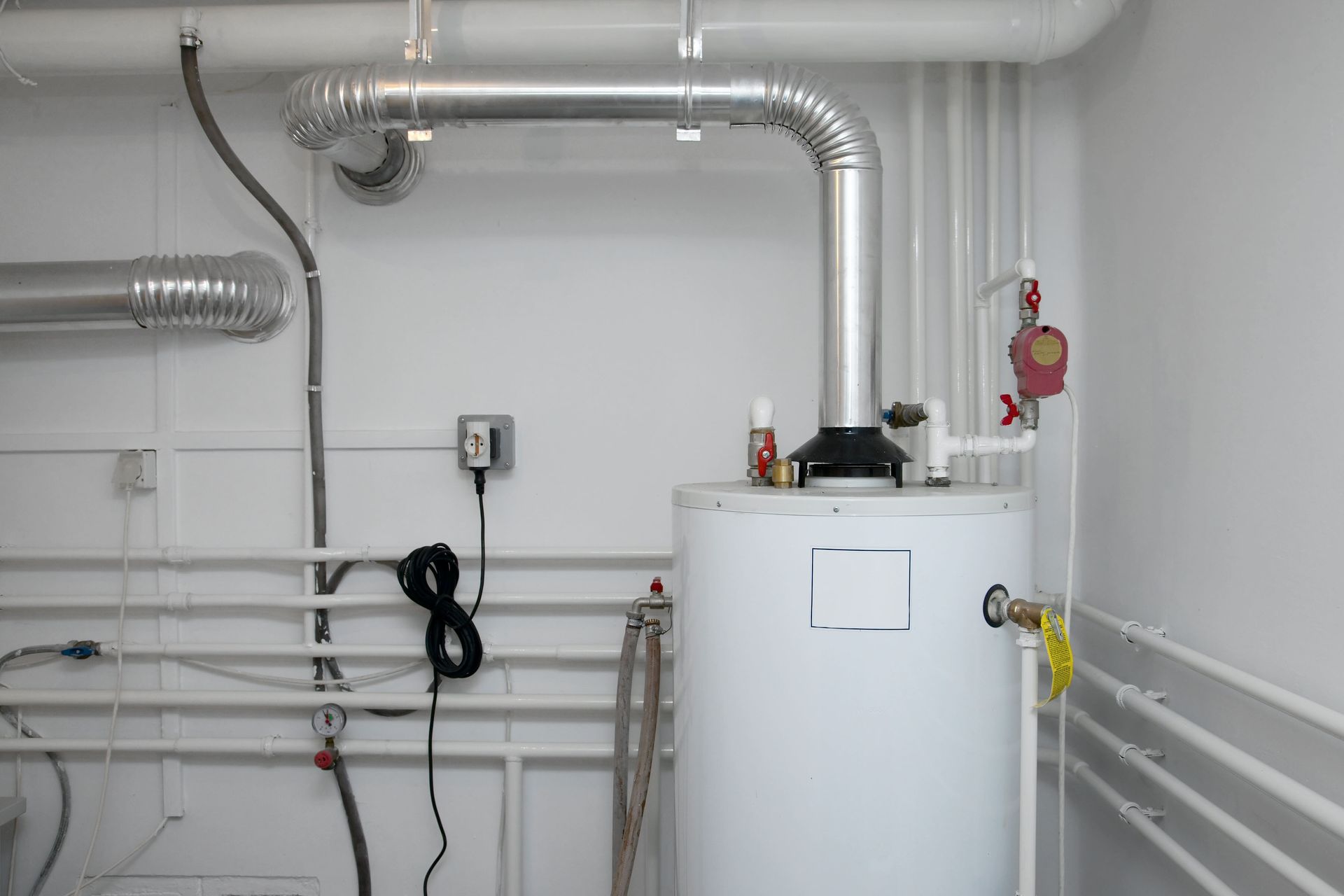November 25, 2025
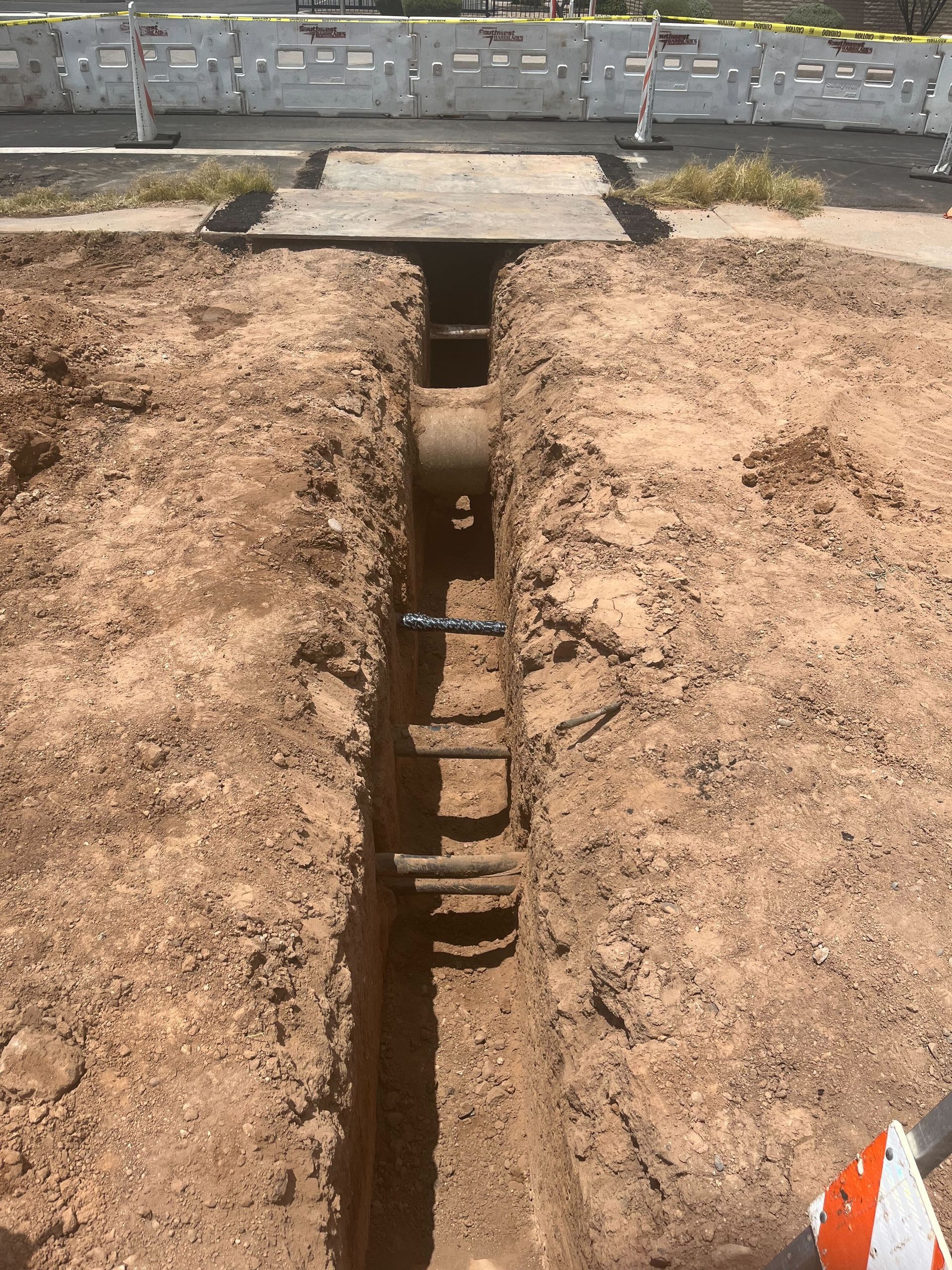
When it comes to sewer tap installations in Arizona, it's important to know that not just anyone can handle the job. Specific licenses are required to work in the right-of-way (ROW) and perform sewer tap installations. In Arizona, only contractors with a Class A General Engineering license or a KA Dual Engineering license are permitted to install sewer taps. These licenses ensure that the work is carried out by professionals who have met the stringent qualifications necessary to handle the job.
What is a Sewer Tap?
A sewer tap is the physical connection point between your property's private sewer line and the city or municipal sewer system. This installation ensures that wastewater from your home is directed safely and efficiently into the larger system for treatment. The process requires precision, expertise, and a clear understanding of local regulations. Once installed, sewer taps typically do not require much maintenance, but a proper installation is critical to avoid future issues like leaks or blockages.
Licensing Requirements for Sewer Tap Installations
Only contractors with the appropriate licenses are legally allowed to handle these installations, especially when working in the right-of-way (ROW). The two primary license types required for sewer tap work are:
- Class A General Engineering License: This license allows contractors to perform engineering work on large-scale projects, including utility installations like sewer taps.
- KA Dual Engineering License: This license covers both general engineering and building contracting work, providing more versatility but still meeting the high standards required for ROW and sewer installations.
It’s important to understand that contractors without these licenses are not permitted to install sewer taps. This isn’t just a matter of compliance; it’s about ensuring the safety, integrity, and proper functioning of your property’s sewer connection.
Why Licensing Matters
Sewer tap installations involve working directly with the municipal sewer system, which is heavily regulated for public safety and environmental protection. Licensed contractors have the necessary training, experience, and understanding of local codes to ensure that the installation is performed correctly. Using an unlicensed contractor could result in improper installation, fines, and the potential need for costly repairs in the future.
Fully Licensed and Ready to Assist
We are fully licensed to handle sewer tap installations in Arizona, and we have years of experience performing these critical services. Our team is equipped to manage every step of the process, from securing permits to ensuring the job meets all local regulations. We’re committed to making sure your sewer tap installation is done right the first time.
If you're in need of a sewer tap installation or have questions about the process, feel free to reach out. We're here to help guide you through every step of the way.


